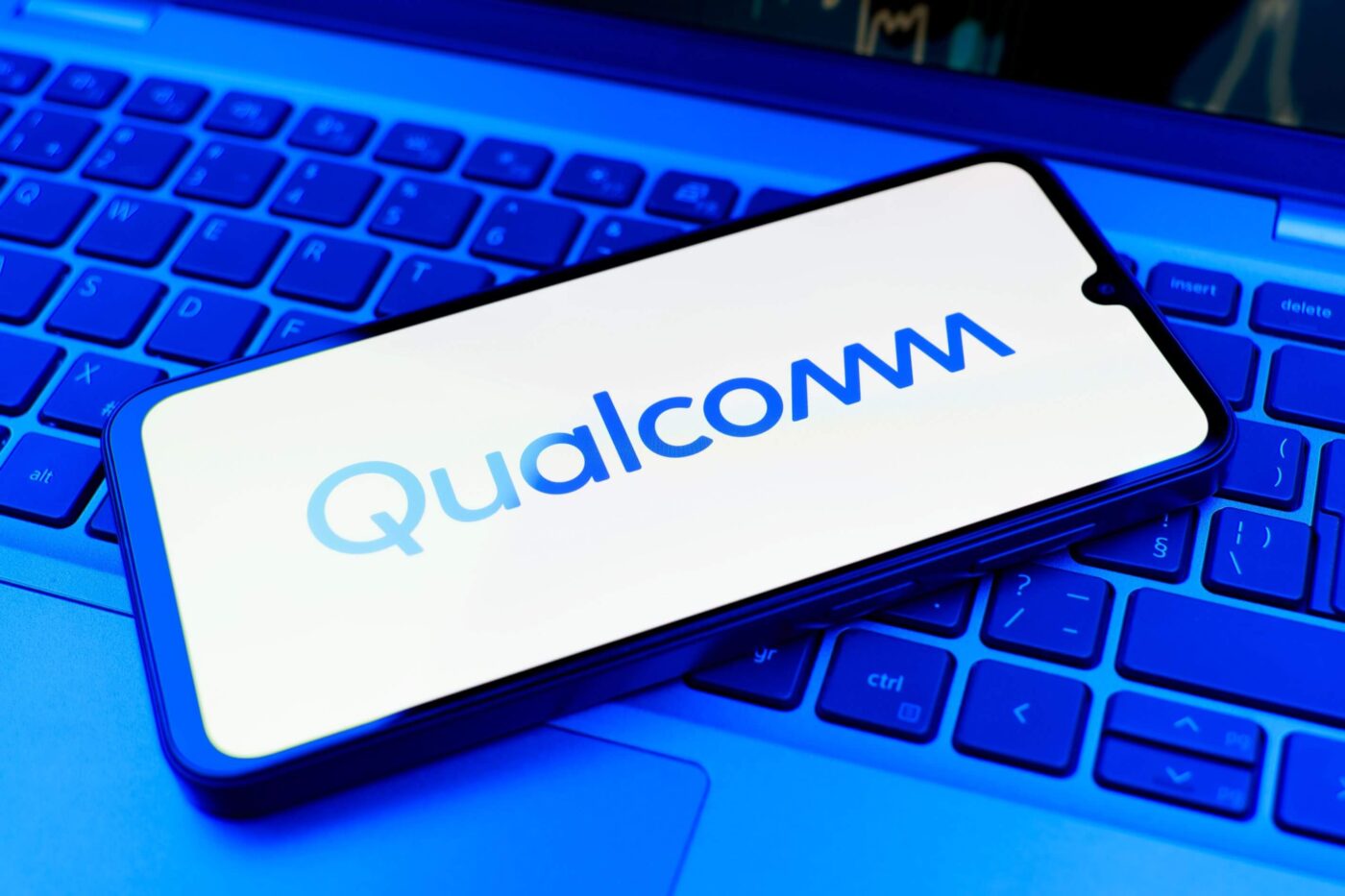TLDR
- China opened an antitrust investigation into Qualcomm’s acquisition of Israeli firm Autotalks, with shares falling over 4% in pre-market trading.
- Beijing announced new port fees on US ships starting October 14, matching the date Washington plans to impose charges on Chinese vessels.
- China expanded rare earth export controls to cover 12 of 17 metallic elements, maintaining leverage in trade negotiations.
- The moves come as Presidents Trump and Xi prepare to meet at the APEC summit in South Korea later this month.
- China has also halted US soybean purchases, putting pressure on American farming communities that supported Trump in 2024.
China’s market regulator launched an antitrust investigation into Qualcomm on Friday, examining the chipmaker’s acquisition of Israeli connected-vehicle technology company Autotalks. The announcement sent shares down more than 4% in pre-market trading in New York.
China’s State Administration for Market Regulation has opened an antitrust investigation of Qualcomm’s acquisition of Autotalks https://t.co/8ENNZK0vKY
— Bloomberg (@business) October 10, 2025
The State Administration of Market Regulation said Qualcomm is suspected of violating China’s anti-monopoly law with the deal. Autotalks, which specializes in vehicle-to-everything communication technology, was officially acquired in June 2025, more than two years after the purchase was first announced.
Qualcomm sells its smartphone chips to major Chinese manufacturers including Xiaomi. The company was not immediately available for comment when contacted by media outlets.
The investigation marks the latest escalation in trade tensions between Washington and Beijing. China also announced new port fees on US ships starting October 14, the same date Washington plans to impose charges on large Chinese vessels.
This week, Beijing tightened export controls on rare earths and other critical materials. The expanded restrictions now cover 12 of 17 rare earth metallic elements, up from seven previously restricted.
China has also halted purchases of US soybeans. This puts direct pressure on American farming communities that voted for Trump in the 2024 election.
Tensions Rise Before Leadership Meeting
The actions from both sides come ahead of a planned meeting between Presidents Trump and Xi at the APEC summit in South Korea. The leaders are expected to meet during the last week of October in Gyeongju.
A trade truce that at one point saw US tariffs reach 145% is set to expire November 10 unless extended. Both countries appear to be positioning themselves for negotiations.
The Trump administration has taken several steps targeting China recently. Officials reportedly proposed barring Chinese airlines from flying over Russia on US routes. Washington has also expanded sanctions preventing companies like Huawei from accessing restricted American goods.
Qualcomm is not the first US tech company to face scrutiny from Chinese regulators recently. In September, the SAMR alleged Nvidia violated anti-monopoly law related to its Mellanox acquisition. Beijing has also reportedly discouraged local firms from buying Nvidia chips.
Trade Cards On The Table
Julian Evans-Pritchard, head of China economics at Capital Economics, called the approach risky. He said it will complicate talks with the US even if it pays off.
Heavy rare earths are almost exclusively produced by China. They power high-performance magnets, semiconductors and precision military systems. China controls the complex separation and refining capacity needed for these materials.
South Korea, Japan, the US, Germany and Canada are the top five buyers of the newly restricted rare earth minerals. Delays in processing export permits earlier this year caused problems for companies in Europe and Asia.
Trump told reporters he might restrict certain product sales to China but did not offer specifics. “We import from China massive amounts,” Trump said. “Maybe we’ll have to stop doing that, but I don’t know exactly what it is.”
Despite the back-and-forth measures, Beijing has signaled willingness to reengage. Premier Li Qiang said last month the two economies “can and should become friends and partners.”
China has reportedly floated $1 trillion in potential investments. That would exceed commitments from the European Union, Japan and South Korea combined.
Agricultural Trade in Focus
Trump mentioned soybeans specifically when discussing potential talks with Xi. “He’s got things that he wants to discuss with me, and I have things that I want to discuss with him,” Trump said Thursday. “And one of the things is soybeans.”
Citigroup economists wrote that both countries could be strengthening their leverage in trade talks. They suggested the tariff truce, though fragile, could continue.
Treasury Secretary Scott Bessent and Commerce Secretary Howard Lutnick are working on the issues. Trump said they would handle the details without providing more information.
The five rare earth elements still exempt from China’s controls are largely light rare earths. These are more abundant and easier to mine and refine than heavier varieties. They are also less strategically constrained.






